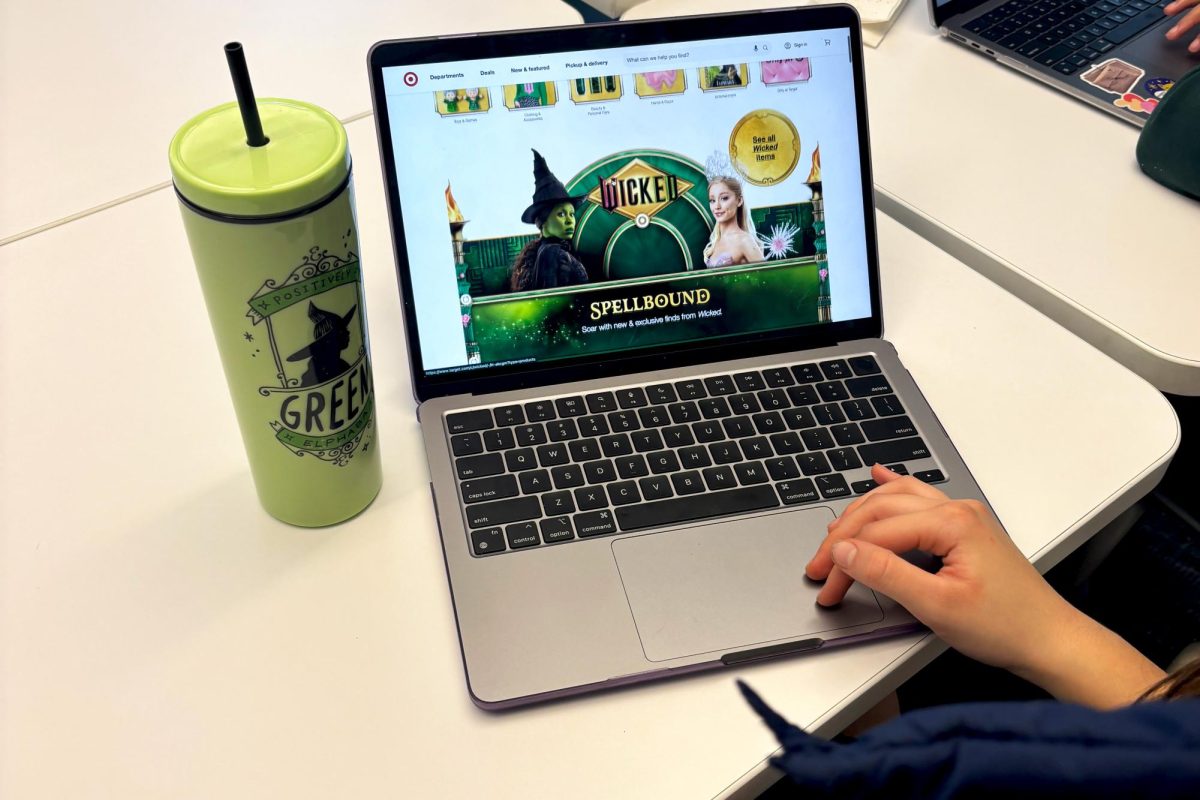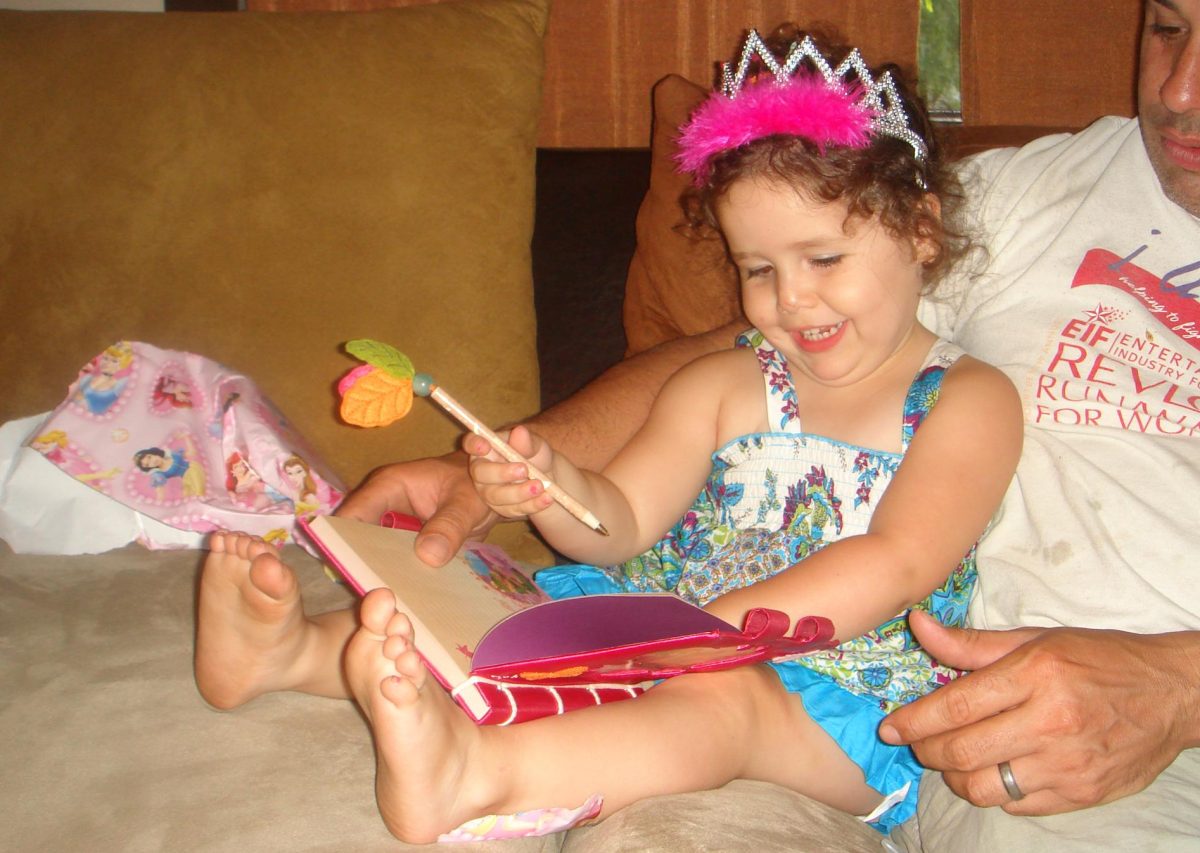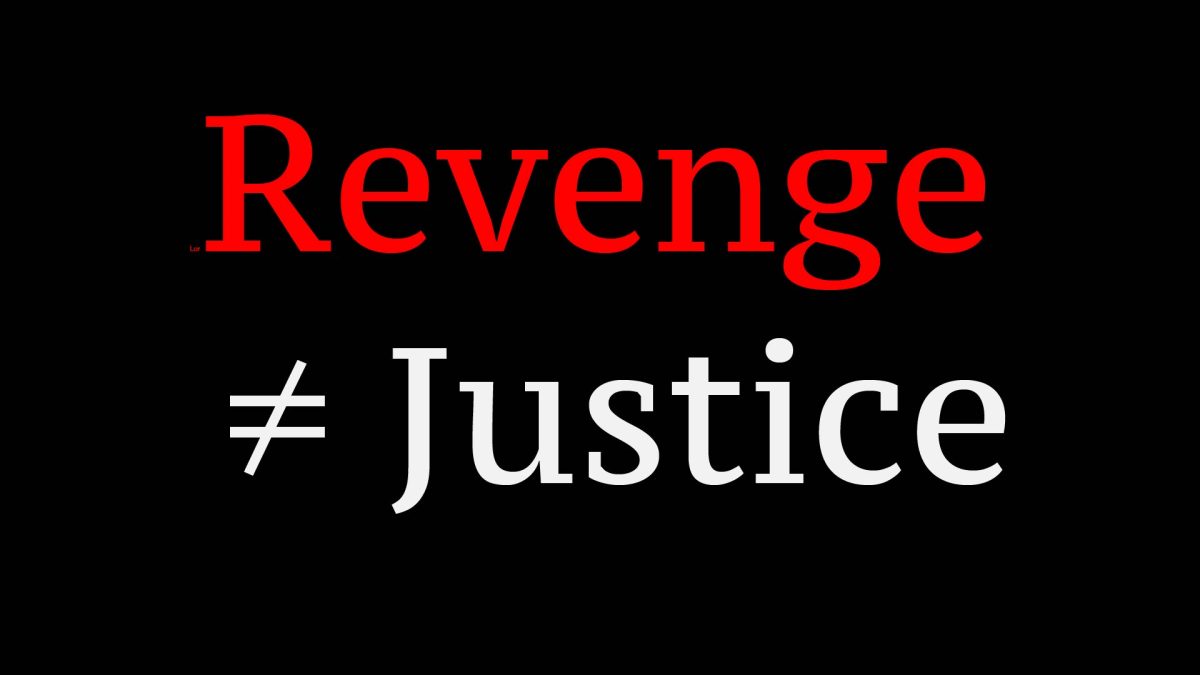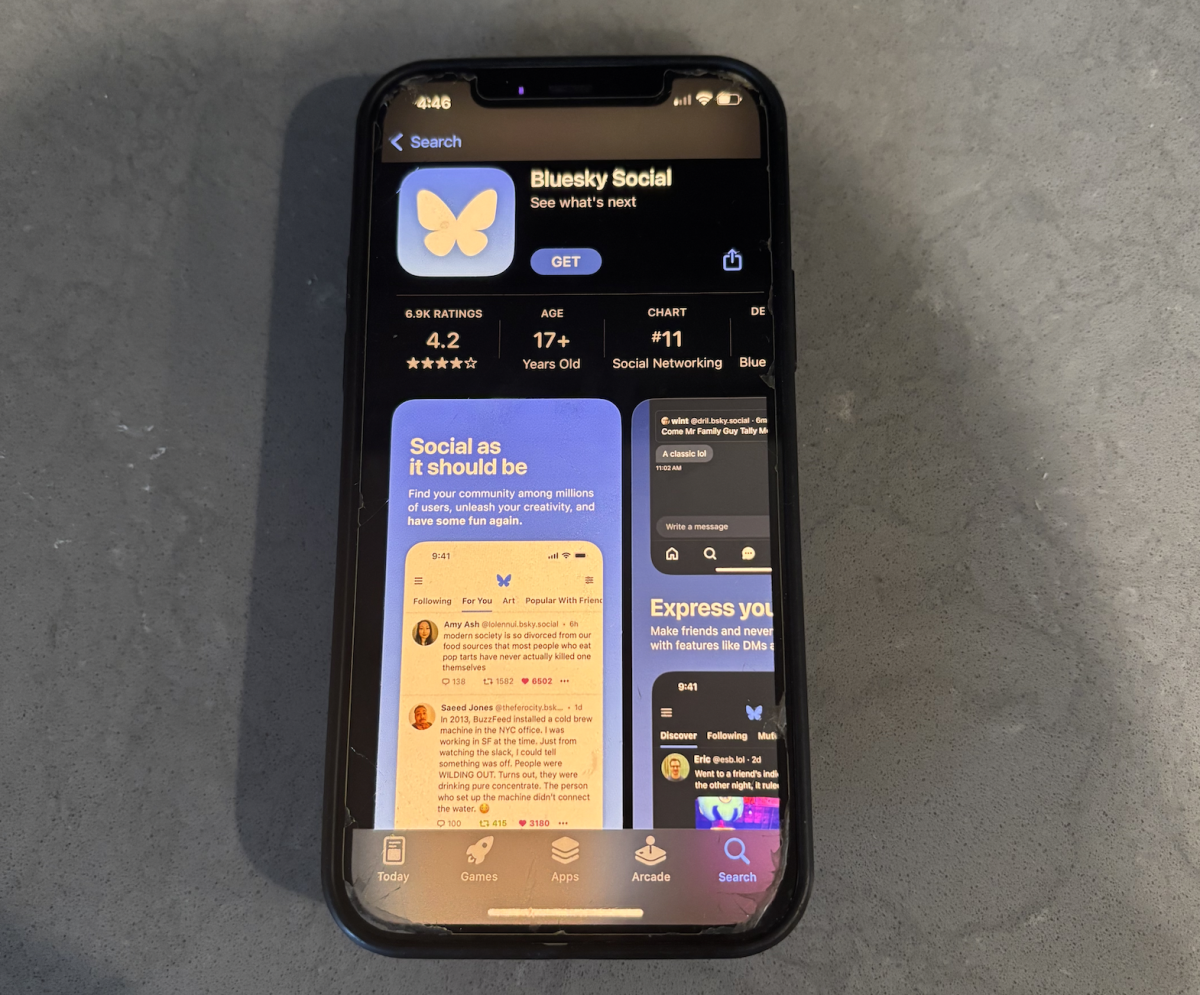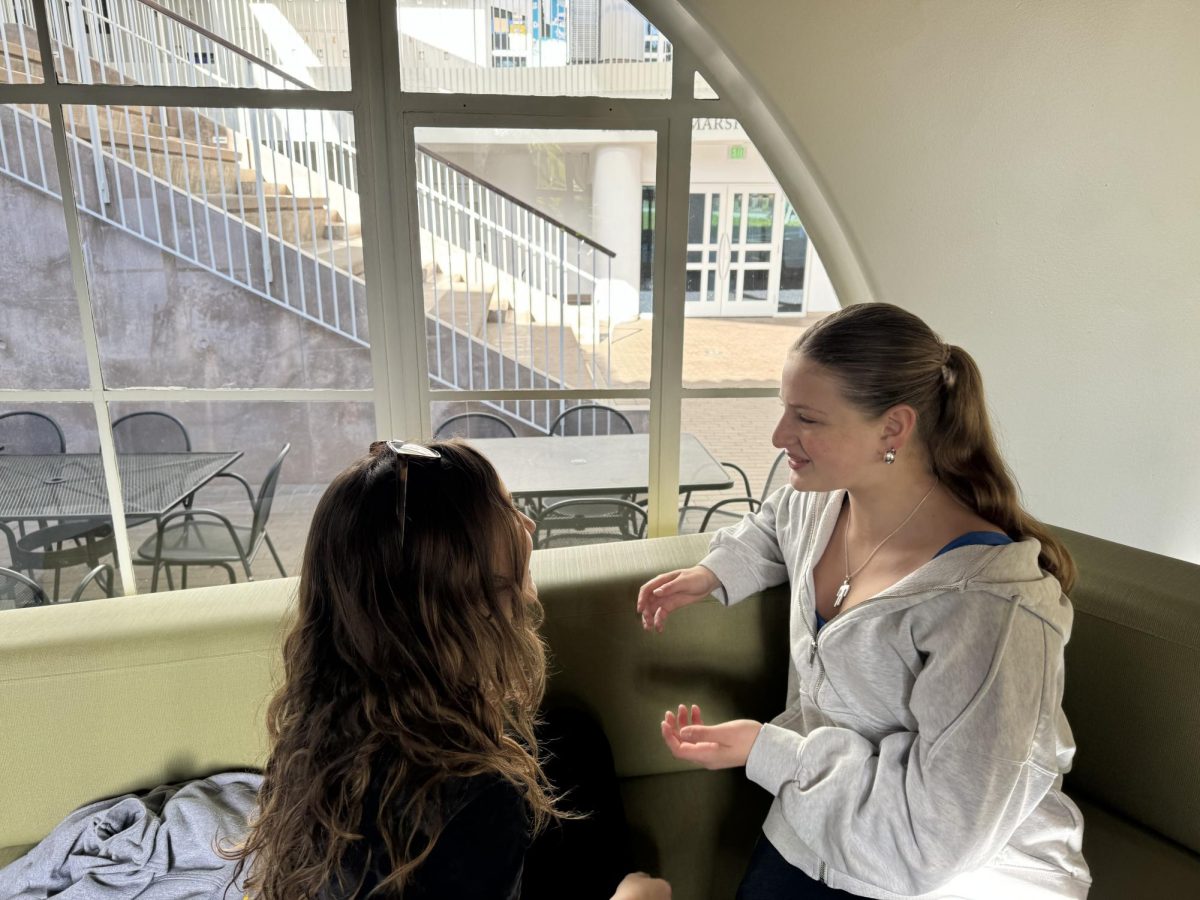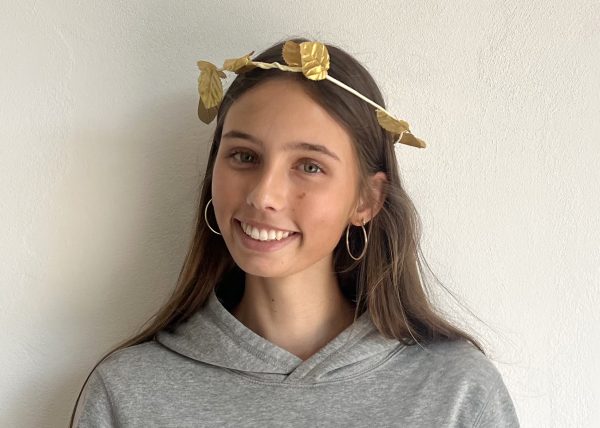Content Warning: This article discusses a movie that contains themes of domestic violence and may not be appropriate for all readers.
From actors’ tone-deaf press interviews to internet rumors of drama between cast members, chances are you have heard of the recently released film “It Ends With Us.” The movie has made major headlines — many unrelated to the film’s content.
“It Ends With Us” is an adaptation of Colleen Hoover’s bestselling novel of the same name. The movie follows florist Lily Bloom (Blake Lively) as she forms an intense and gradually abusive relationship with neurosurgeon Ryle Kincaid (Justin Baldoni). The film was released Aug. 9 and earned about $80 million globally in its debut weekend alone.
Despite its commercial success, the marketing and promotion of the movie have sparked much controversy. From Lively encouraging people to “grab your friends, wear your florals and head out to see it” to jokingly responding to a serious interview question, many people have critiqued her portrayal of the movie as a lighthearted romance and her dismissive attitude towards the film’s darker themes.
Her co-star and director Baldoni took a different approach to the movie’s promotion. From writing a heartfelt letter to domestic violence survivors with Survivor Love Letter on his Instagram to collaborating with the NO MORE foundation during the making of the film, he has instead used his influence to raise awareness for domestic violence and provide insight into how he tackled those topics in the movie as director.
Unsurprisingly, rumors have circulated on the internet of a feud due to creative differences between the two lead actors. But with every article published about the alleged drama on the cast rather than the film itself, the true purpose and meaning behind the movie get lost and overlooked.
When taking on sensitive subject matters in film, everyone involved should be intentional with the narratives they drive in the press to avoid taking focus away from the central premise and content presented. It’s imperative they promote resources and solutions for the issue rather than romanticizing or glossing over the problem. In an interview with NBC News, domestic abuse survivor Mik Zazon commented on the controversy surrounding the movie.
“When we talk about this, it’s not just celebrity drama, it’s not just Hollywood drama,” Zazon said. “This should have been a cultural shift in how we portray love in movies that represent such a deep personal issue that so many women go through.”
In a survey conducted by the CDC, about 41% of women and 26% of men across the US experience “contact sexual violence, physical violence, or stalking by an intimate partner during their lifetime.” Domestic violence is an epidemic that deserves the careful recognition and conversation “It Ends With Us” could have provided.
Television plays an important role in modern-day society. It has the power to influence culture and shape viewers’ attitudes towards themes it presents, according to the University of Minnesota: Twin Cities. People who have actually experienced domestic violence should have been at the front and center of every decision made relating to the film’s marketing to ensure their stories were being told with sensitivity and as truthfully as possible.
While it’s not the actors’ job to know the full ins-and-outs of sensitive subject matter involved in their films, their words and actions have a real impact. Especially in a society where idolization and intense parasocial relationships with celebrities have become normal, research has found that they hold considerable influence on both individuals and culture. Because of that, they should use their platforms consciously and responsibly when dealing with these types of issues.
Baldoni’s collaboration with nonprofits – including the National Domestic Violence Hotline and NO MORE – to support their enterprises has raised awareness for this issue. He has also utilized his social media platforms to share information, resources and his own insights related to domestic abuse. During interviews and podcasts, he has even spoken directly to survivors to voice his support and send them strength. These are only a few actions directors and actors should be taking when their films involve similar issues – not only for the viewers but for the real people who have gone through what Lily Bloom has.
If you or someone you know is currently experiencing domestic abuse, call the National Domestic Violence Hotline at (800)-799-7233 or text BEGIN 88788.




